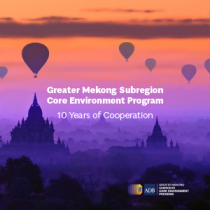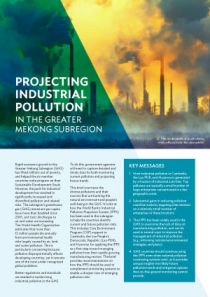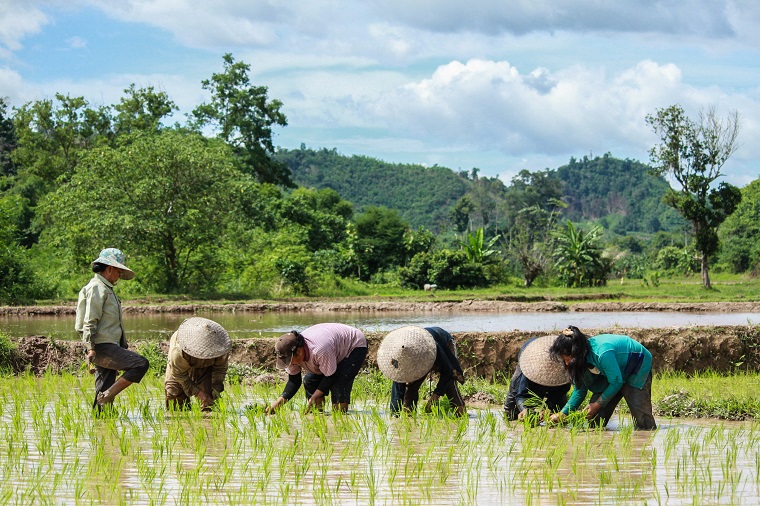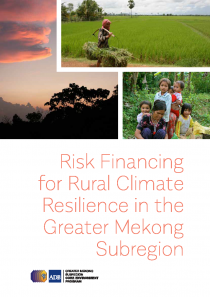Germany, EU Support Cross-Border Water Cooperation in the Greater Mekong Subregion
Germany and the European Union have renewed their support to strengthen transboundary water cooperation in the Greater Mekong Subregion.
Germany and the European Union have renewed their support to strengthen transboundary water cooperation in the Greater Mekong Subregion.

This publication highlights how the Greater Mekong Subregion Core Environment Program has contributed to sustainable development over the last decade.

Applying the Industrial Pollution Projection System is an important first step toward mainstreaming pollution concerns into strategic planning in the Greater Mekong Subregion.
Cambodia and the Lao People’s Democratic Republic have agreed to strengthen joint efforts to fight illegal fishing practices and increase fish stock in the Mekong-Sekong basin.
Cambodia and Thailand have agreed to work together to protect wildlife and ecosystems in transboundary forest areas.
The German government is supporting two projects between Cambodia and the Lao People’s Democratic Republic (Lao PDR), and between Cambodia and Thailand to better manage resources in the Mekong River basin and address flood and drought issues.
A $10 million climate insurance program targets women farmers in Africa and Asia, including Cambodia and Myanmar.

Rural communities in the Greater Mekong Subregion are vulnerable to climate-related disasters, such as floods, droughts, and storms. Risk financing can help people protect their livelihood and productive assets better through a combination of risk retention, risk sharing, and risk transfer mechanisms. Photo: ADB.
Risk financing can help at-risk communities better cope with the economic costs of natural disasters and extreme weather.
Monster Fish biologist spearheads a research project on how to sustainably manage one of the world’s most important ecosystems.

Rural communities in the Greater Mekong Subregion are vulnerable to climate-related disasters.